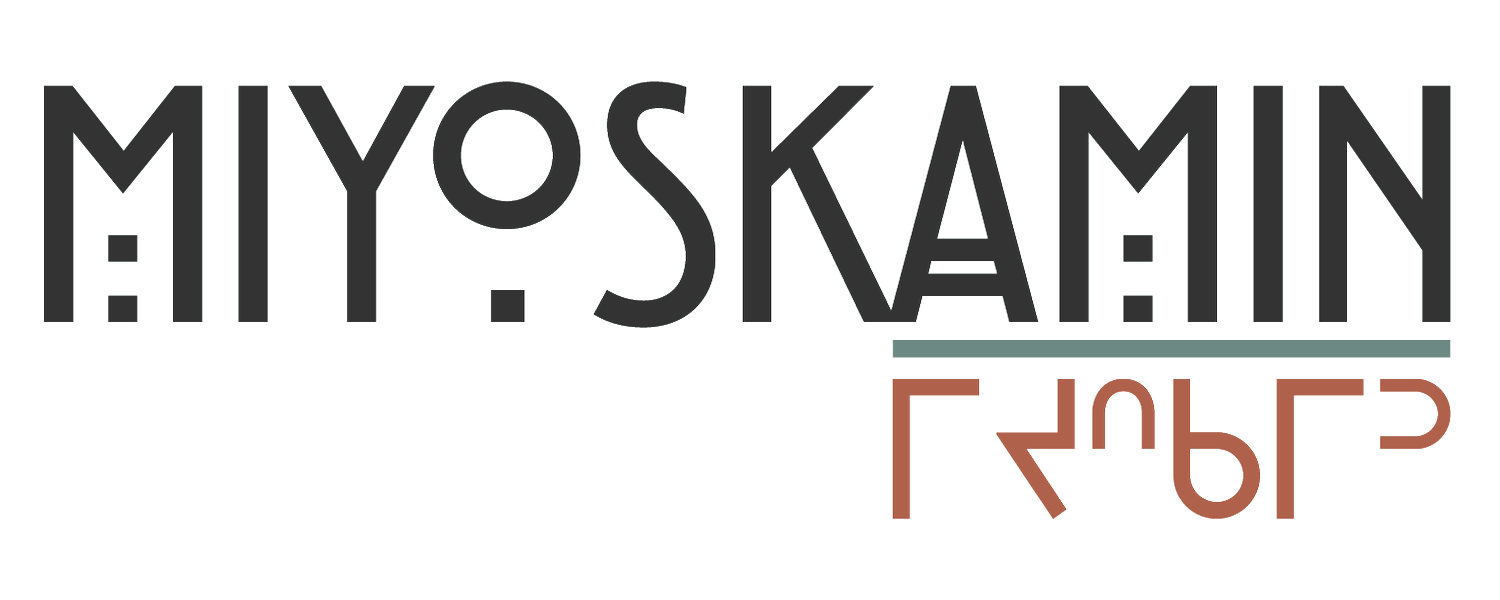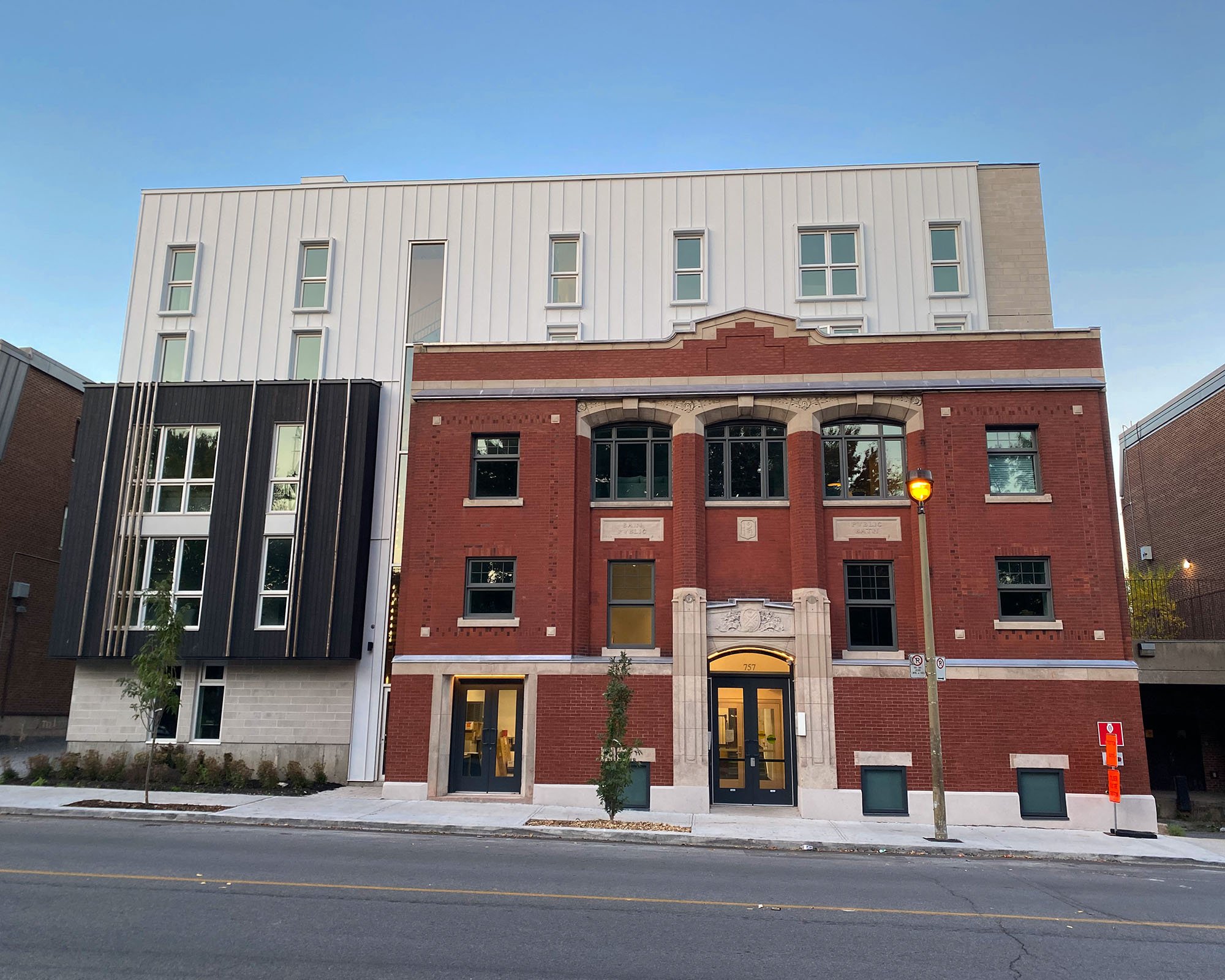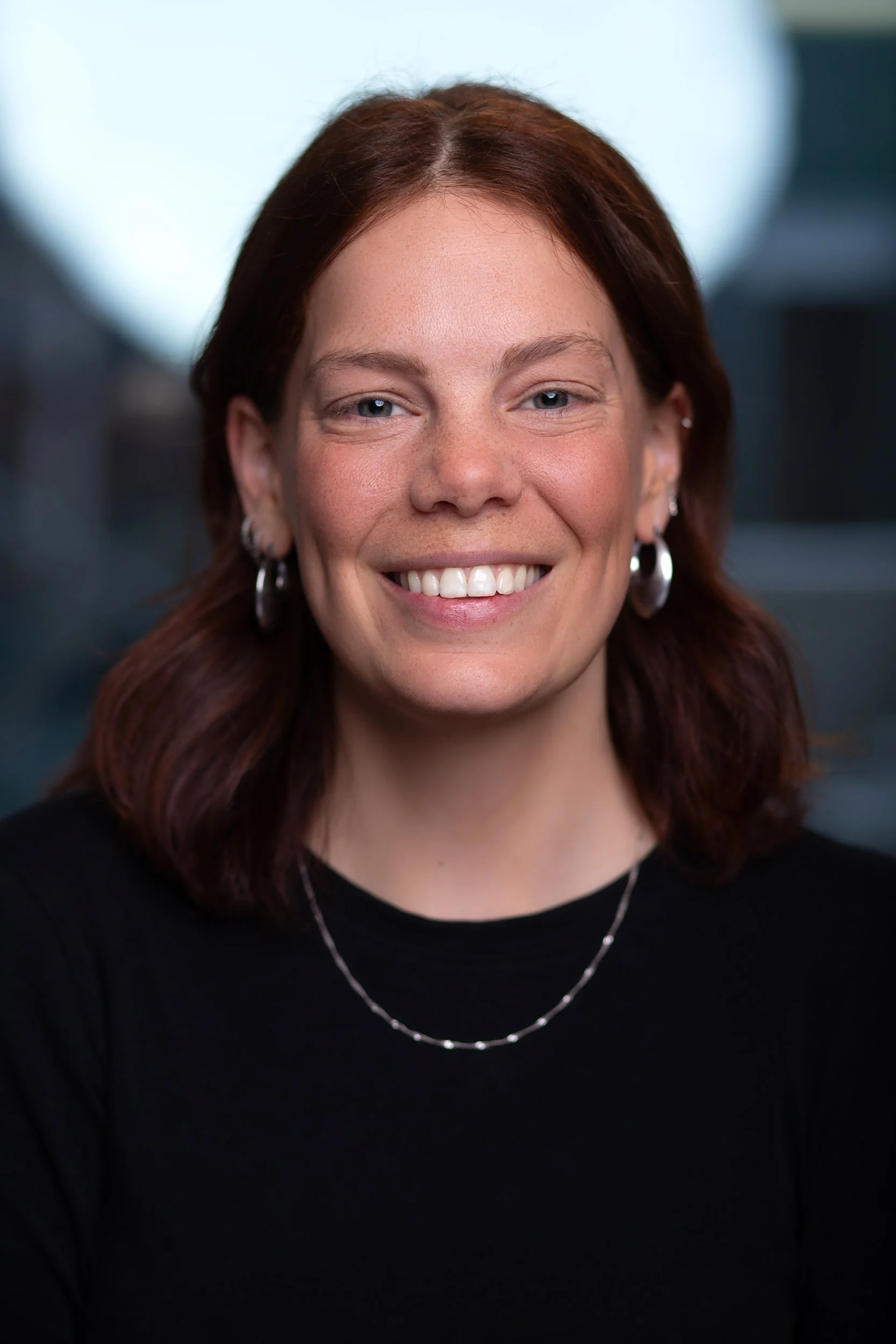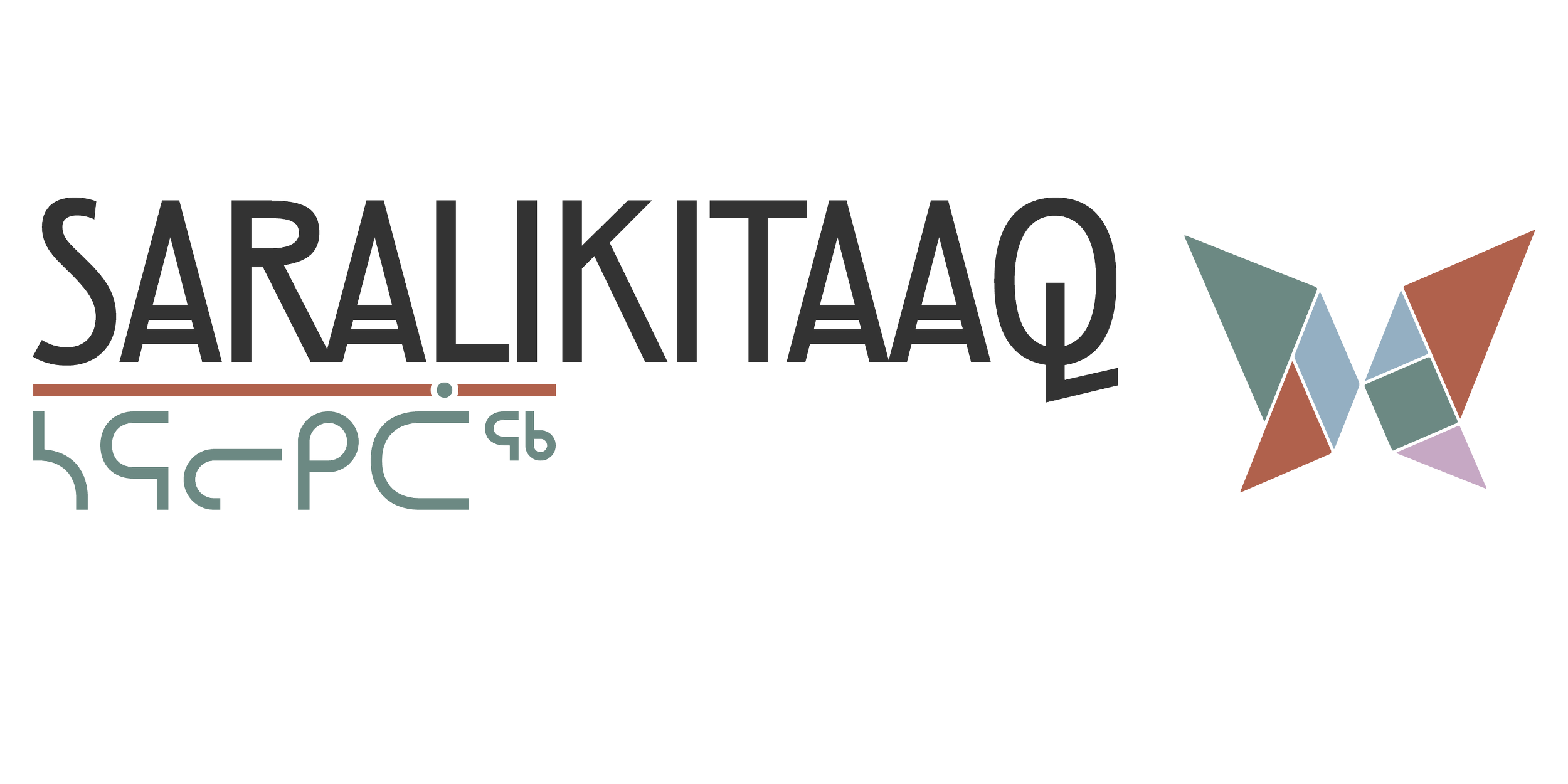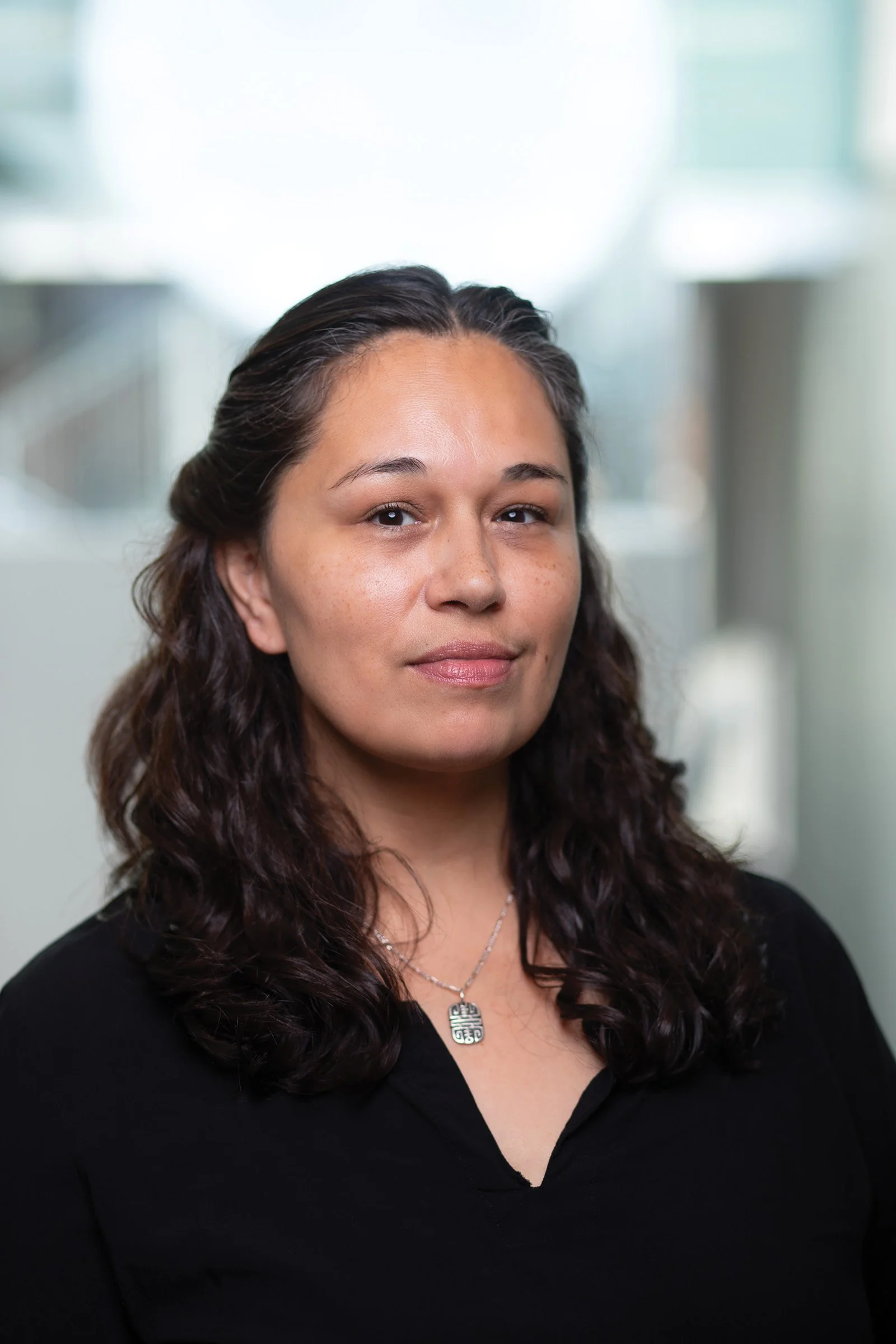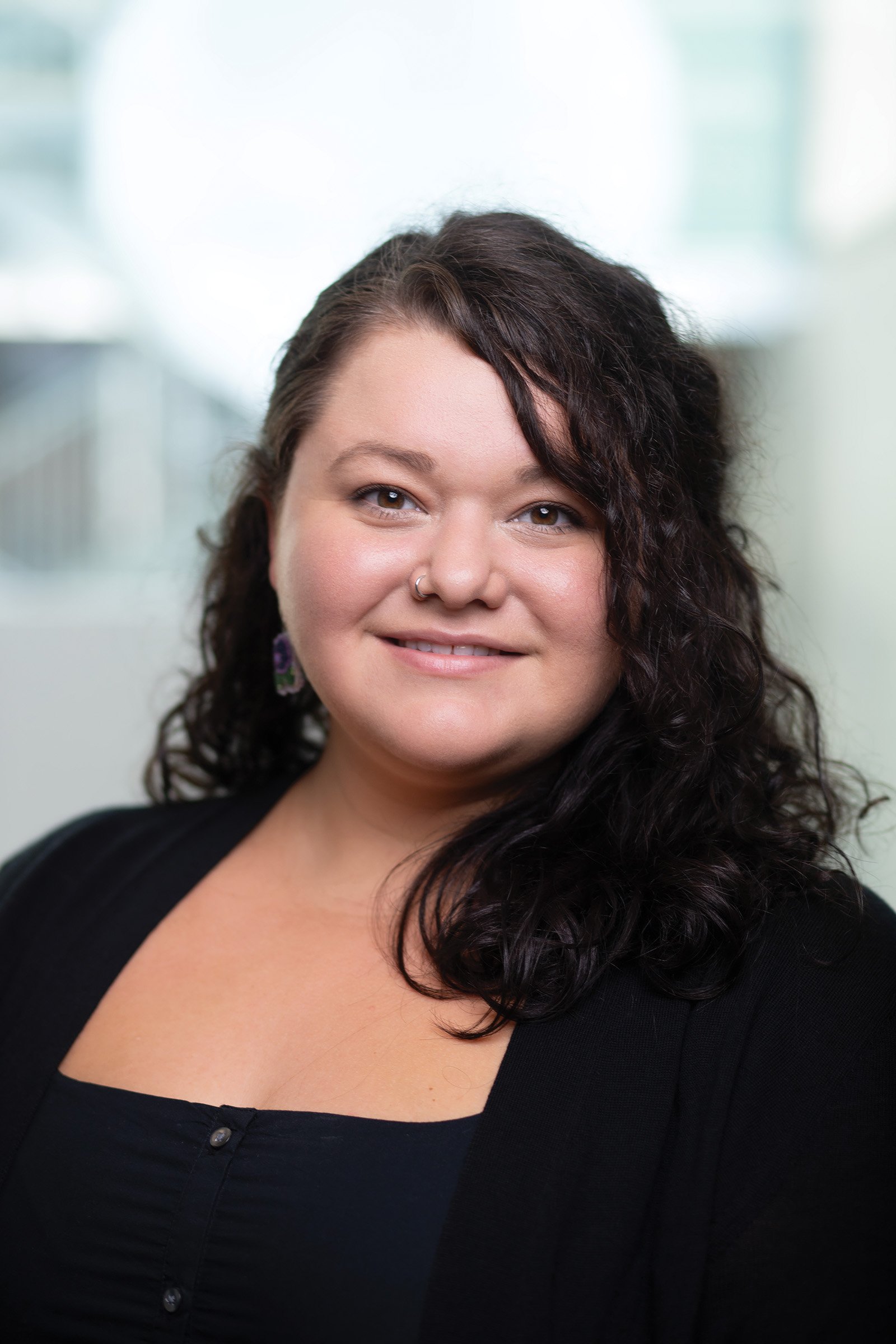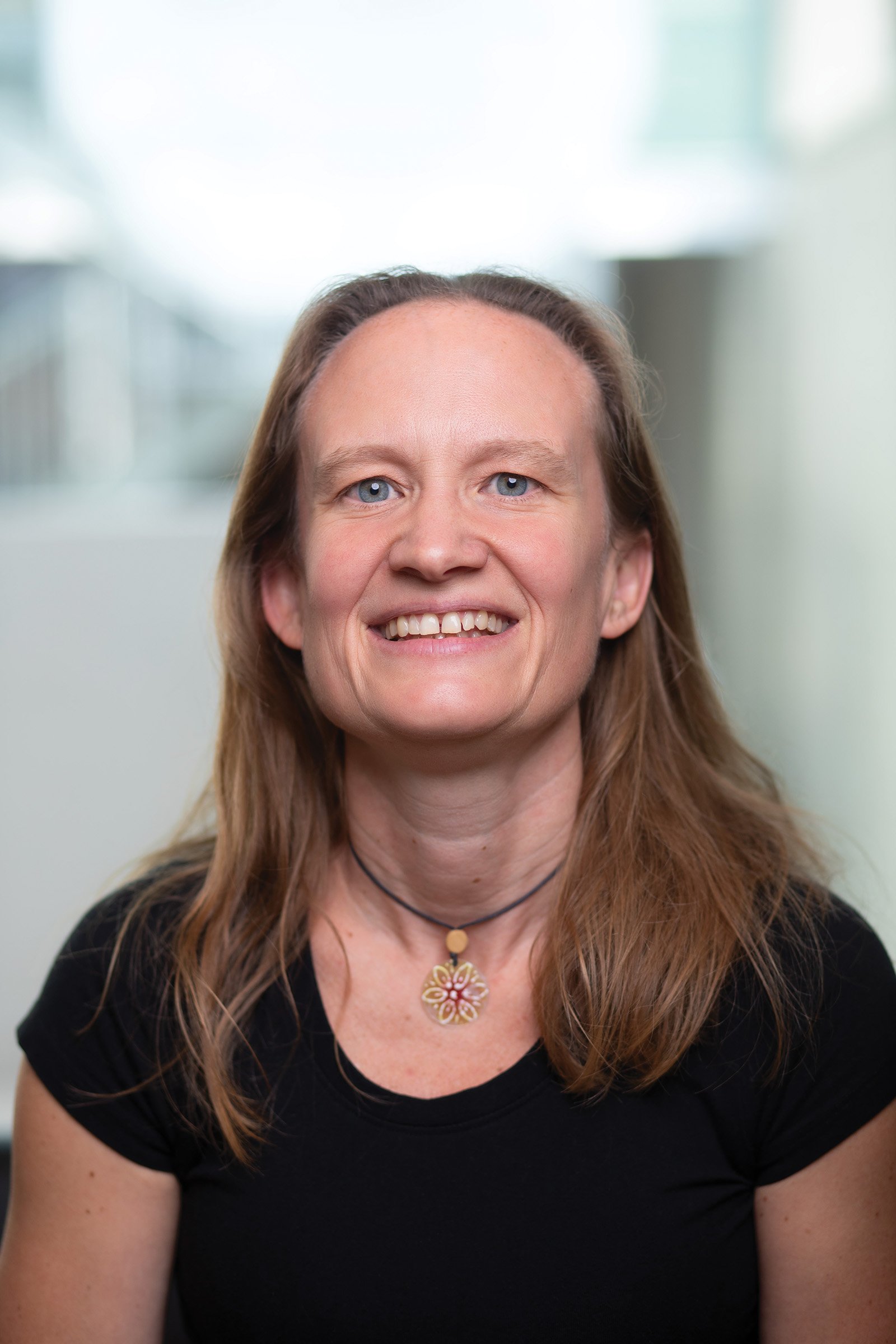“Miyoskamin” is one way of saying “spring” or “groundbreaking” in Cree.
As an innovative and vital transitional housing project in Montreal launched by the Native Women’s Shelter of Montreal, the name Miyoskamin was chosen to reflect the newness of this kind of project.
A Project of the Native Women’s Shelter of Montreal
Over 12 years ago, the dream of Miyoskamin began. With a rich history of serving the urban Indigenous community for over 25 years, the Native Women’s Shelter of Montréal has been a vital refuge for Indigenous women and their children.
Despite successful healing journeys for many clients of the NWSM, a service gap was identified post-stay, addressing challenges such as housing discrimination, systemic barriers, language issues, and education and employment hurdles. Recognizing the need for long-term solutions, the Native Women’s Shelter of Montreal began setting their sights on building a second stage, transitional housing project for Indigenous women and their children - extending our mission to empower families and fulfill their hopes and dreams.
What is the need for supportive housing?
Miyoskamin was built with more than just housing in mind. At the core of our mission is to provide wrap around support so that families can stay together.
The 2019 Public Inquiry Commission on Relations between Indigenous Peoples and Certain Public Services in Québec (the Viens Commission, read the summary report here), found systemic barriers in the following areas: police services, justice, corrections, health and social services, and youth protection.
These are consequences of a traumatic colonial legacy which include but are not limited to: stolen land and broken treaties, residential school systems, the 60’s scoop, and the smallpox epidemic brought to Turtle Island by settlers.
For some witnesses, the current approach to child placement is just part of a continuum of disappearance: like the residential school system and the illegal adoptions known as the “sixties scoop,” it contributes to the erasure and weakening of the Indigenous communities’ social fabric.
Others went so far as to say that the youth protection system, with its high rate of placement among Indigenous children, is “the new residential school experience”. It should come as no surprise that, in this context, Indigenous communities believe the DYPs are there to “remove” children. In some Indigenous languages (such as Anishinaabe), the term “director of youth protection” is translated as “he or she who removes or takes children.”*
timeline
In July 2023, the building was officially completed, and staff were allowed to work on site
In October 2023, we welcomed our first 5 participants in the housing program
In November 2023, we welcomed an additional 4 participants
In December 2023, we welcomed an additional 4 participants
By providing safe, secure, and affordable housing, we hope that Miyoskamin can be a place where families can grow together and break intergenerational cycles of trauma and removal.
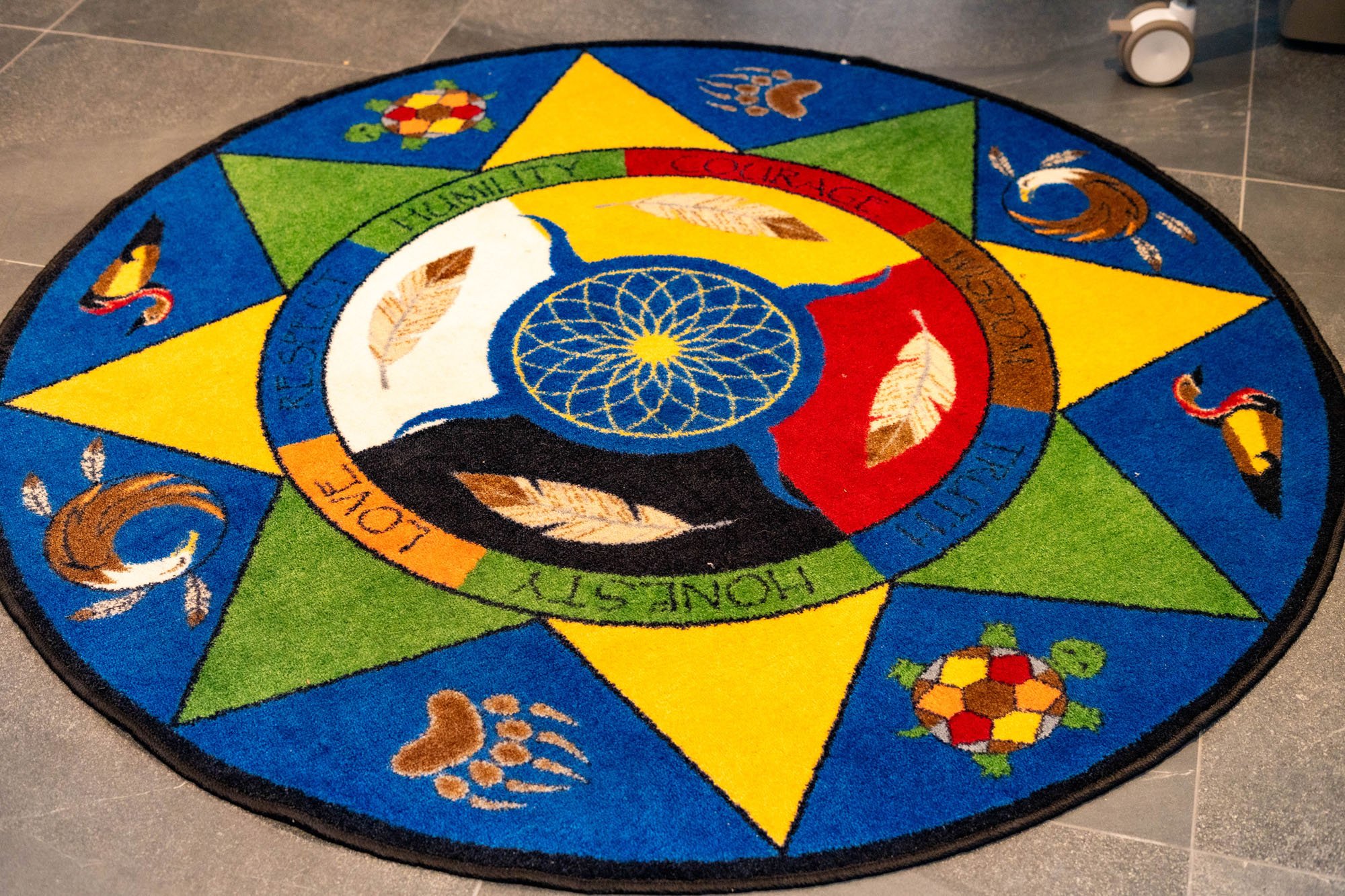
location
Determining the location of Miyoskamin was a crucial step. The site of Miyoskamin is strategically located in the downtown area of Montreal - walking distance to schools, parks, the metro line, and many community organizations serving urban indigenous families. This ensures that families who choose to live at Miyoskamin, do not need to be isolated from resources they have pre-existing relationships with.
Address:
757 Rue des Seigneurs
Montréal, QC H3J 1Y2
our team
LARISSA STATES, SHE/HER
DIRECTOR, MIYOSKAMIN
larissa.states@miyoskamin.com
Elizabeth murphy
SERVICE COORDINATOR,
MIYOSKAMIN
service.coordinator@miyoskamin.com
CHARLES DE BONVILLE
OPERATIONS COORDINATOR,
MIYOSKAMIN
charles.debonville@miyoskamin.com
LAURENCE DUFRESNE, SHE/HER
EMPOWERMENT WORKER, MIYOSKAMIN
laurence.dufresne@miyoskamin.com
VANESSA MIGLIALO
TEAM MANAGER,
MIYOSKAMIN
vanessa.miglialo@miyoskamin.com
tashiina buswa
COMMUNICATIONS COORDINATOR,
MIYOSKAMIN
tashiina.buswa@miyoskamin.com
Hamsan Kennedy
OVERNIGHT CARETAKER,
MIYOSKAMIN
hamsan.kennedy@miyoskamin.com
JENNIFER LEE
COORDINATOR OF CARE,
SARALIKITAAQ
jennifer.lee@saralikitaaq.com
annabelle Lanthier-Veilleux
IN-HOUSE LAWYER,
SARALIKITAAQ
annabelle.lanthierv@saralikitaaq.com
Amy StriEmer
EDUCATOR,
SARALIKITAAQ
amy.streimer@saralikitaaq.com
LAURA BOYCE
YOUTH PROGRAM COORDINATOR,
SARALIKITAAQ
laura.boyce@saralikitaaq.com
Iohseri:io Polson, they/them/iel
PROGRAMMING COORDINATOR,
MIYOSKAMIN
programming@miyoskamin.com
BASILE NONDO
OVERNIGHT CARETAKER,
MIYOSKAMIN
basile.nondo@miyoskamin.com
med Pilla
MAINTENANCE WORKER,
MIYOSKAMIN
maintenance@miyoskamin.com
Sarah Armstrong
FAMILY CARE WORKER,
SARALIKITAAQ
sara.armstrong@saralikitaaq.com

MIYOSKAMIN
A safe, affordable, and culturally relevant housing program
Saralikitaaq
Saralikitaaq is a Community Social Pediatric Clinic housed at Miyoskamin
